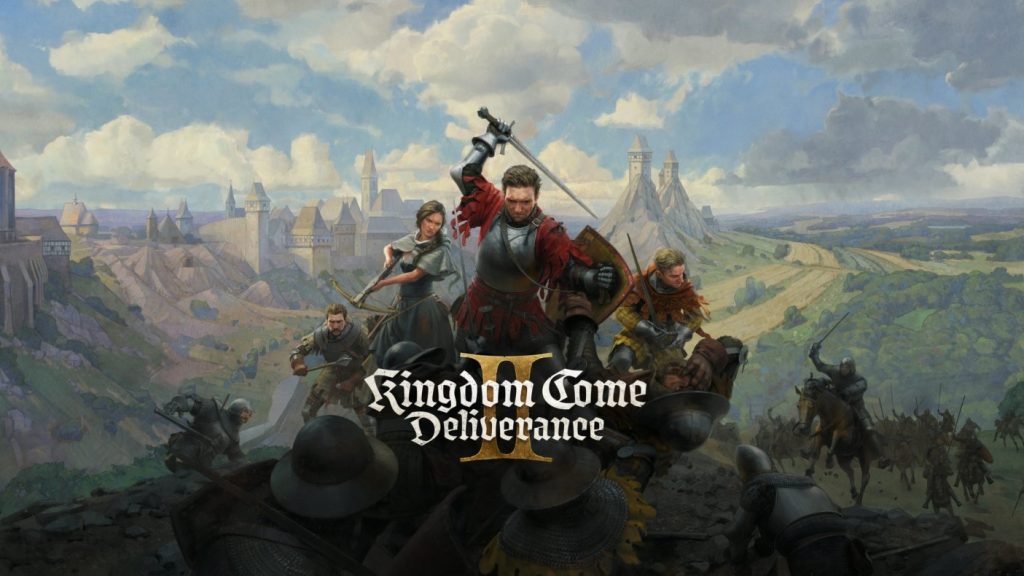Within the previous and current generations, there have been a surprising amount of action, adventure, and even platformer titles, which have incorporated ‘light RPG’ mechanics into their core design to extend playtime or add artificial depth to their gameplay loops. Kingdom Come: Deliverance II is not one of those games. This is a pure RPG, where painstaking effort has been poured into ensuring every facet of the gameplay, combat, and world design completely immerses the player into its medieval setting. Sometimes this can result in mild, or even palpable, frustration, particularly in the early hours, where it is especially brutal, but when looking at the experience overall, I have no choice but to respect its commitment to the role-playing genre and how unforgiving the game can be to those who take it lightly.
Kingdom Come: Deliverance II has a dizzying number of role-playing systems incorporated into it. You might be thinking, “Yeah duh, it’s an RPG.” Well… This game has so many complex mechanics and interlocking systems that if I were to break them all down, this would be a 50,000-word review. Instead, I am going to use specific examples to demonstrate the game’s complexity. Let’s talk about weapons crafting. In other RPGs, this might be done in a menu, and the player would just need to collect materials, interact with the menu screen, and voila, they have now got a sword. In this game, you are required to literally heat the metal bit by bit, then take it to an anvil and hammer it evenly along both sides, then take it back to the furnace to heat it up a bit more and then hammer it again (evenly, of course), and finally, you cool it off, and that’s how you get an entry-level sword.
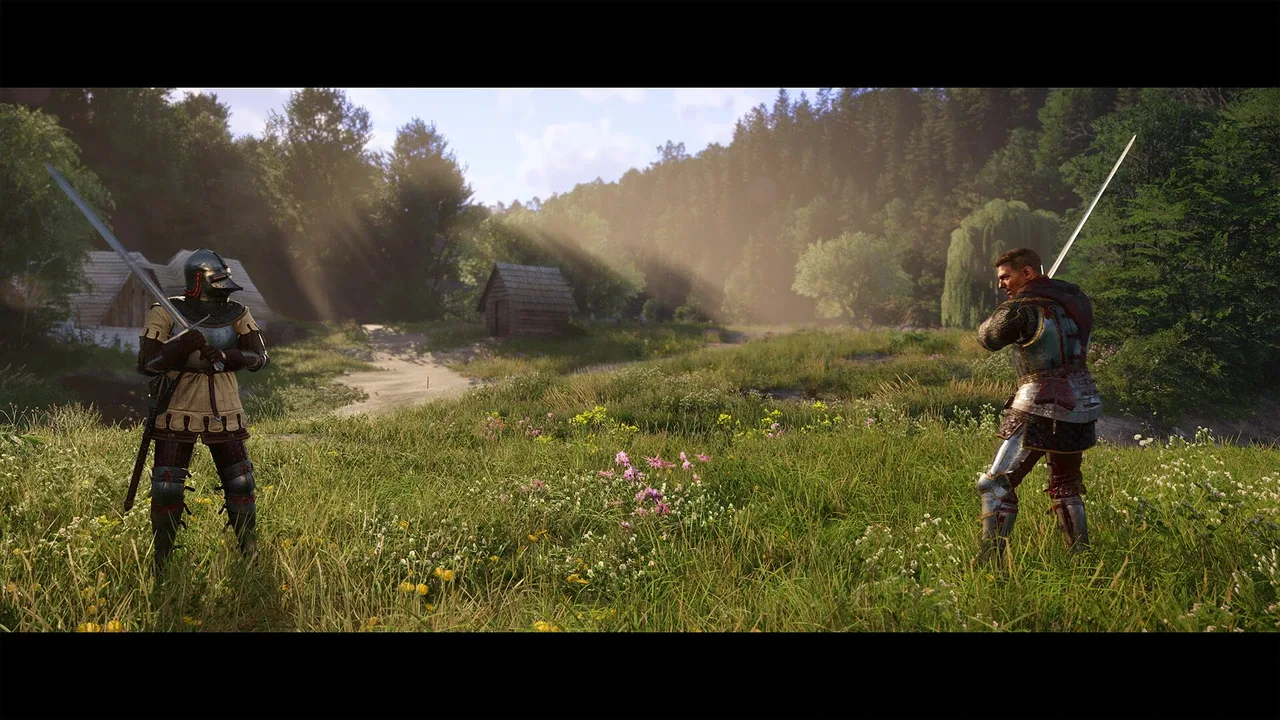
Early in the game, I failed four times just trying to get from the opening town to the next village. The first three times, I was massacred by bandits, wolves, and guards, respectively, and then on the last attempt, I broke my legs falling down some rocks after trying to take a shortcut, so I decided to reload the previous save after seeing some wolves in the distance. Those opening hours are brutal. Once you acquire sufficient armour and craft the right weapons, the experience becomes digestible, but make no mistake: this is no medieval power fantasy. When you think you are cruising along, the game will remind you of a mechanic that you may have forgotten about, like sleep or hunger or a bleeding wound, or perhaps those crimes you committed in a village resulting in your poor treatment from villagers when you return. Speaking of crimes, it is not just the combat and exploration that can prove difficult; even the rules of society are going to be a challenge for some players. The guards are sharp-eyed, and I suspect players will be confronted on most, if not all, their crimes, although there are persuasion and speech check options to get out of the punishments. After completing a side quest for a Blacksmith early on, I was instructed to sleep in a bed within their residence. Well, I accidentally slept in the Blacksmith’s bed, and this resulted in me getting woken up mid-nap by a guard, who then demanded I pay a fine for sleeping in the wrong bed… which I could not pay because I was so broke at that point. That guard ended up killing me, sigh, reload save.
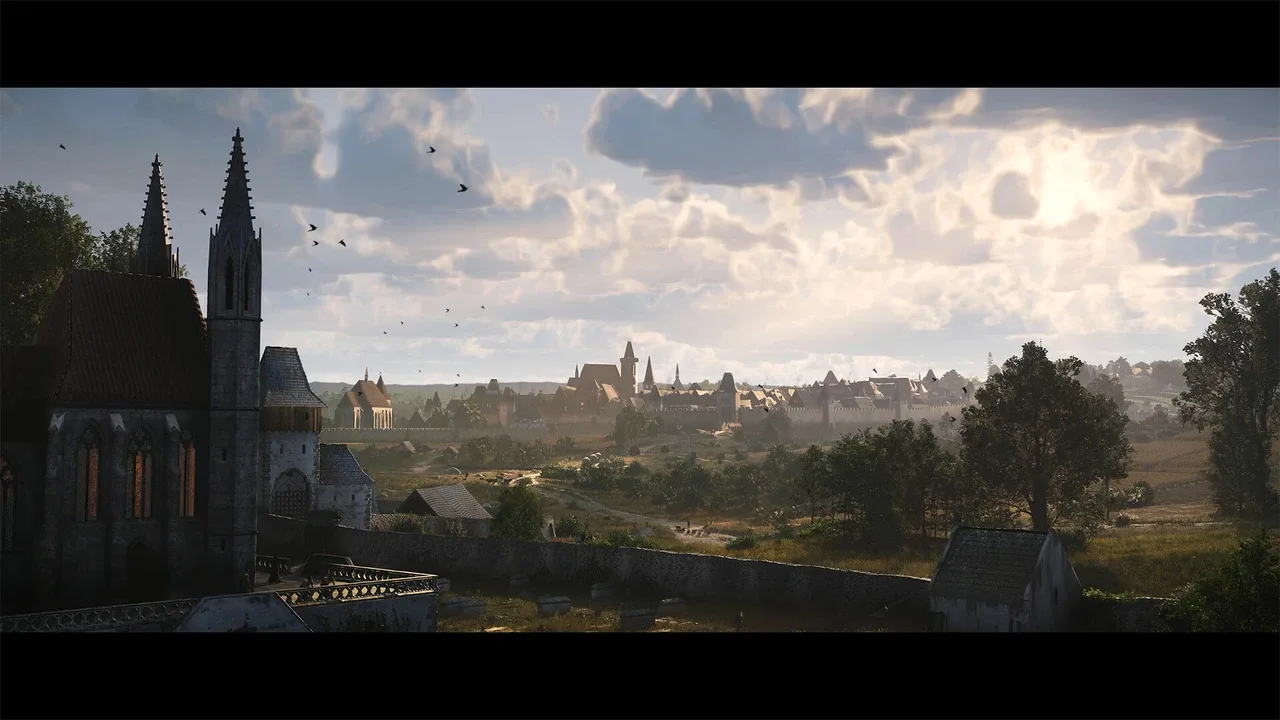
That should tell you the kind of experience that Kingdom Come: Deliverance II is. It might not be the most accessible title, but it is certainly immersive, and a lot of that also comes down to the visuals. The game nails the foliage, specifically the grass and trees, which look highly detailed with minimal pop-in. The materials and assets also make a strong impression, and their physically based properties allow them to react realistically to light, something that typically stands out with the way sunlight reacts to enemy armour during a daytime fight. On top of that, the game makes elite use of my PS5 Pro, where it rarely dipped below 60fps and held a perceivably sharp resolution with the help of PSSR image upscaling. Out of the demanding third-party titles I have tried on the Pro, this is the single best use of PSSR I have seen so far, as it avoids some of the techniques’ current weaknesses, including shimmering in distant objects and fuzzy image quality.
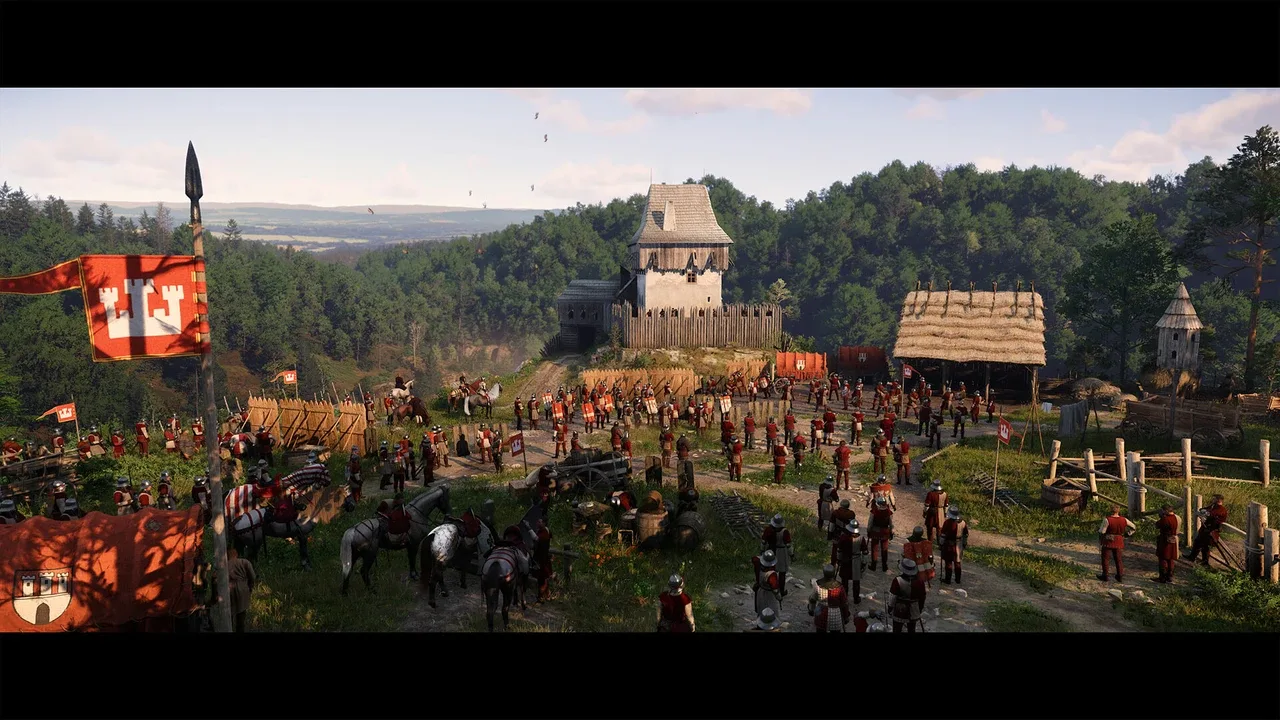
Not your Grandfather’s Bohemia
Whether you are riding through forests on horseback, interacting with the spritely characters in a quaint town, or being ambushed by bandits on an abandoned road, the open world of Bohemia always excels in its immersion. Packed with rewarding or compelling quests, the towns differ from each other enough to stand out individually but are still similar enough to feel like they are from the same setting. The developers have put in significant effort into the NPC interactions, which feel organic, even when they are just chatting amongst themselves. This also has a gameplay impact, as you can acquire quests just from eavesdropping on their conversations, which is smart because it forces the player to stop and pay attention to their surroundings, instead of just motoring through the main quests. Some of the side quests are very fleshed out and can take hours to clear, as they involve multiple regions and conversing with a variety of characters. Beyond the attention to detail in the towns and NPCs, the world is not lacking in size either, so I would wager many players will end up spending hundreds of hours exploring the various regions present here.
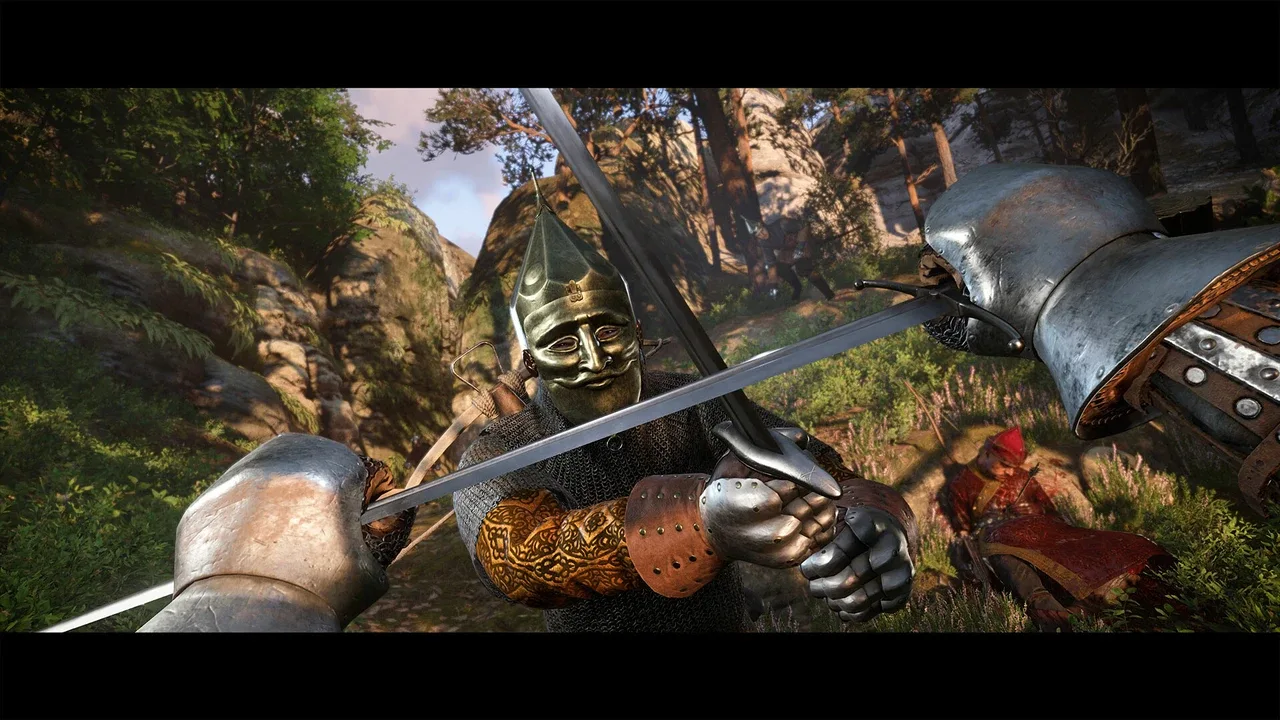
The narrative quality is also impressive. When an RPG has this much love poured into the gameplay systems and, on top of that, contains branching dialogue trees that are supposed to affect the plot’s progression long term, the writing can get quite thin to compensate for the scale of the experience. But here, the dialogue remains sharp throughout, and the interplay between protagonist Henry and his nobleman companion Hans is genuinely funny. The positively stellar work of actors Tom McKay and Luke Dale, who portray those characters, cannot be understated. The plot itself also offers some unexpected thrills, packing in some twists and turns I did not foresee, and it nicely juxtaposes large-scale battles with smaller stakes, dialogue-driven missions to form a balanced story overall. The choices you make, whether in dialogue or gameplay, also have a significant impact on the world, particularly with how NPCs perceive you; even a character trait as subtle as having dirt on your face can be picked up on and reacted to by side characters in various towns, which does a lot for the game’s overall immersion.
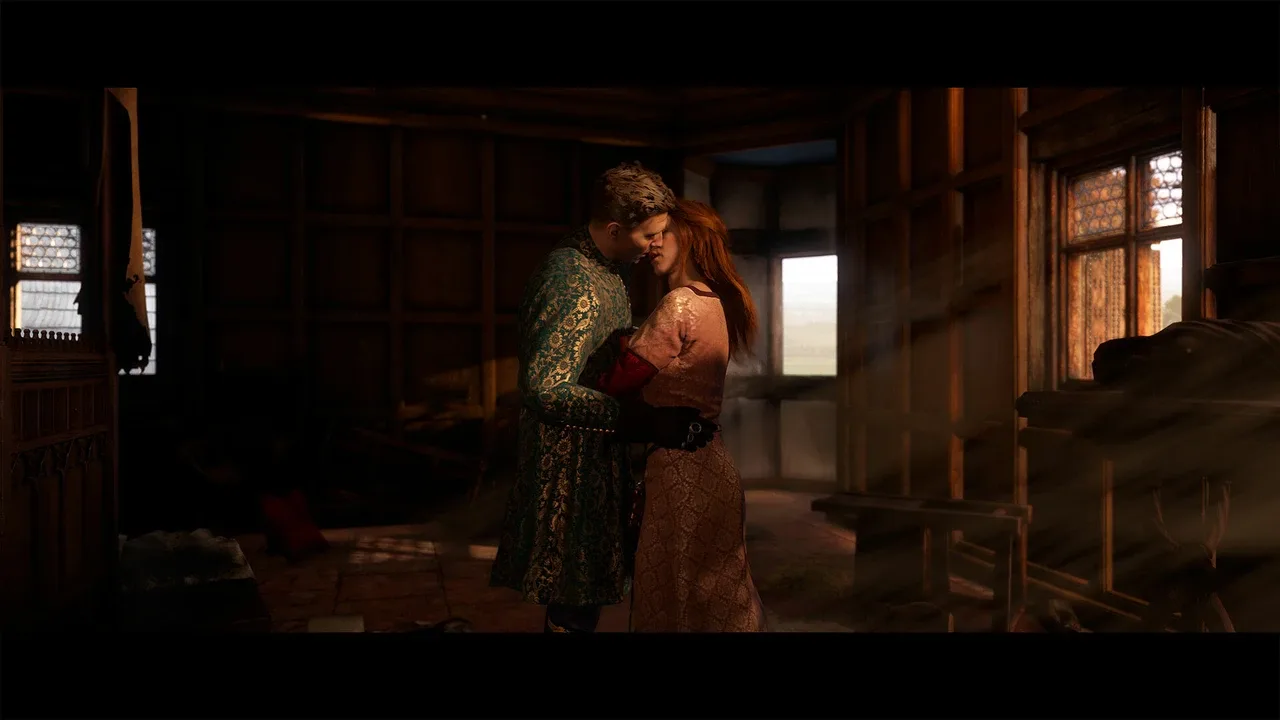
Speaking of immersion, the combat in Kingdom Come: Deliverance II is thrilling. The 4-directional attack system, focussed on attacking enemies where they are not guarding, is an excellent idea and keeps the player immersed in individual fights, forcing them to pay close attention to the attacker’s movements. The fights prove to be more visceral than flashy, with gnarly animations involving swords being put through enemies’ throats and the general blood and sweat flying around as weapons clobber their intended target. The animation quality is outstanding, and that is especially apparent when you strike enemies and watch how realistically they react to each blow. Beyond the 4 directional attack system, there is plenty of depth involved in mastering the timing of the ripostes, various combos, weapon types (including the new crossbow) and ensuring the stamina meter does not run out as the player is doing all of this. The crossbow makes an impactful debut here, with the player feeling the weight of every bolt and shot, mostly because it takes about 40 years to reload them after firing. Again, no free lunches here.
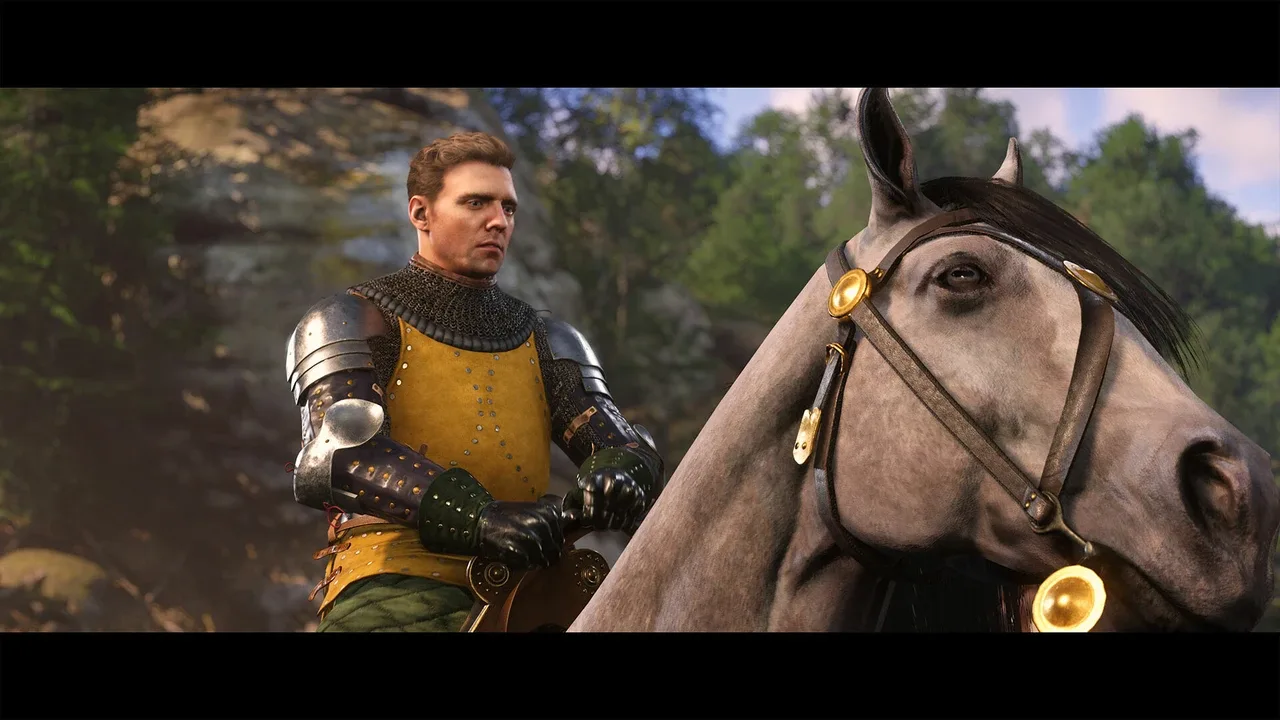
Despite its unforgiving nature, I would still wholeheartedly recommend Kingdom Come: Deliverance II to fans of medieval fiction or ambitious RPGs. There is something to be said about the sheer number of systems and mechanics present, but at a certain point, it’s hard to not respect the lengths the developers were willing to go to truly ground the player in the Bohemian setting. The difficulty is immense, but it does get easier as you progress and improve at the core mechanics. If you currently do not have the time or energy to learn combat and get familiar with the intricacies of the various role-playing systems, then it is going to be a tough sell to you. On the other hand, if you are actively looking to get lost in an immersive, authentic open-world experience, then there are certainly worse ways to spend a few hundred hours.
Resolute in its mechanical complexity and unapologetically brutal, Kingdom Come: Deliverance II emerges as one of this generation’s bolder, more accomplished role-playing experiences thus far.

